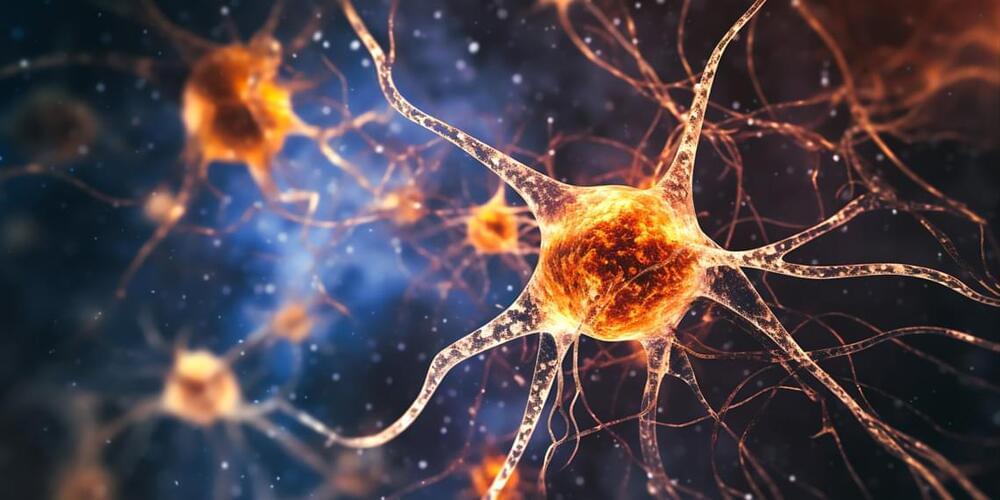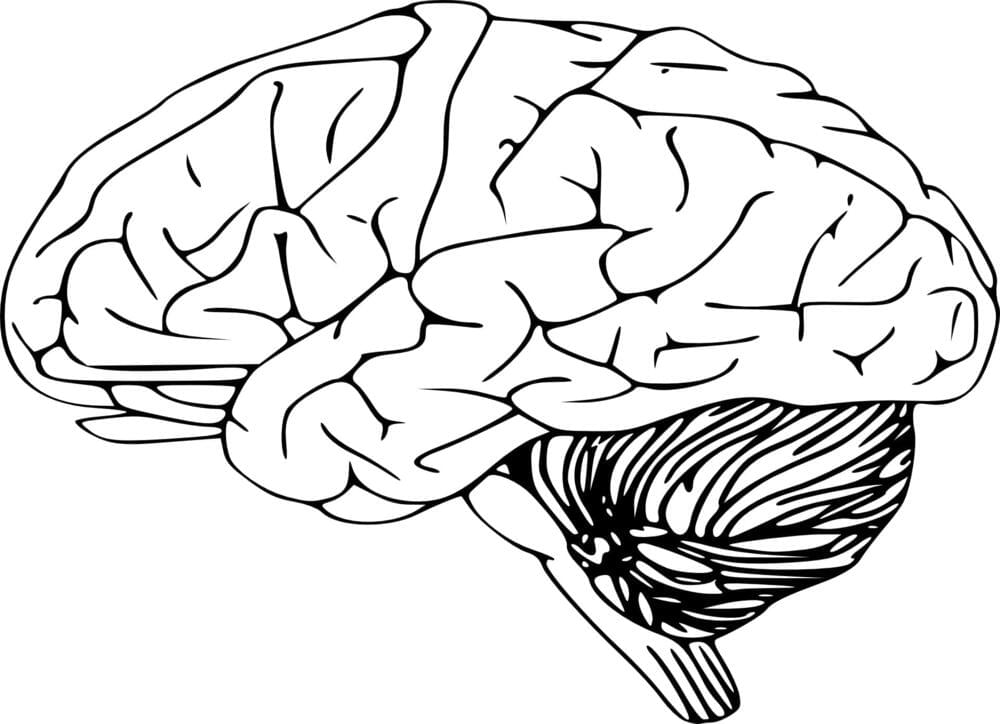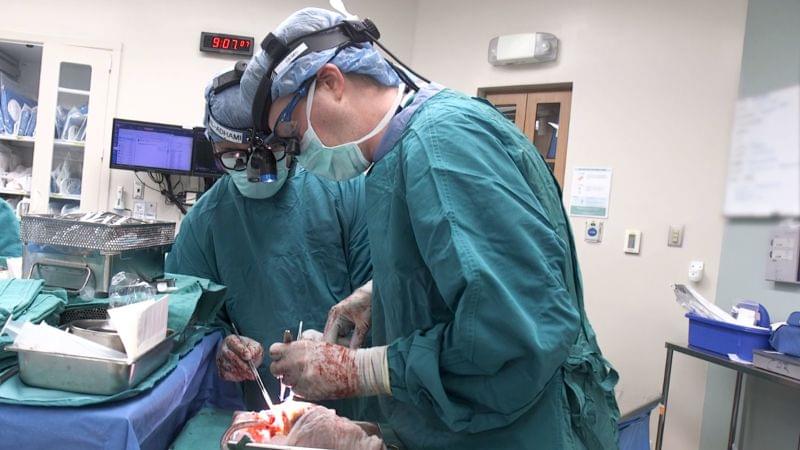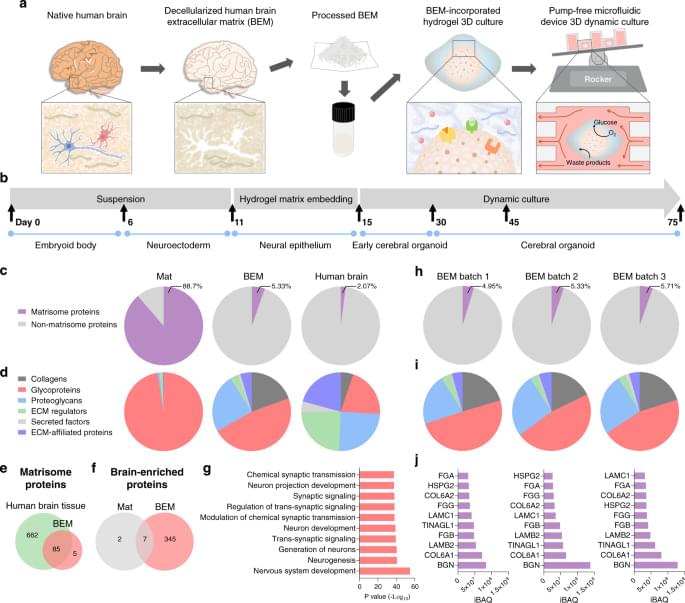Chemical signals from contracting muscles can influence the growth of brain networks, according to new research published in Neuroscience. The study highlights the importance of physical activity to mental health, and the findings could also help contribute to the development of more effective treatments for cognitive disorders such as Alzheimer’s disease.
Previous studies had shown that exercise has significant benefits for cognitive health, even when initiated at late stages in life. Exercise has been associated with long-term changes in the hippocampus, a brain region crucial for learning and memory, including increased neurogenesis, synaptogenesis, and enlarged volume.
However, the specific mechanisms through which exercise produces these changes in the hippocampus were not well understood. By uncovering these mechanisms, the authors behind the new study aim to develop exercise-based treatments for cognitive pathologies that affect the hippocampus, such as Alzheimer’s disease, stress, depression, anxiety, and normal aging.






